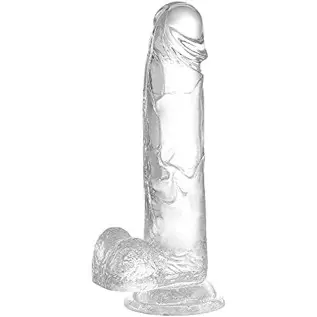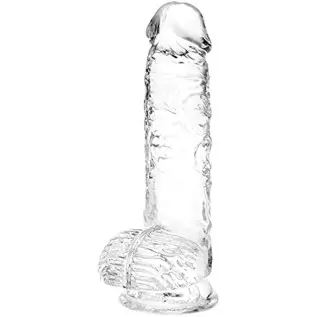Breast cancer and marriage and childbearing
Breast cancer is the most common and frequent malignant tumor in modern women. About 1.2 million women are diagnosed with the disease every year around the world, and 500,000 women die from it. At present, the incidence of breast cancer in many cities in my country is increasing rapidly, which has attracted people's close attention. The incidence of breast cancer is related to a variety of complex factors, such as high intake of high-fat and low-fiber diets, postmenopausal weight gain, smoking, radioactive exposure, pesticides and other adverse stimuli, and genetic factors. Research in recent years has further revealed that the occurrence of breast cancer is closely related to the estrogen levels that accompany women throughout their lives, and there are many risk factors for marriage, childbearing, and sex.
1. Menstruation
It is recognized that women have early menarche (menstruation before the age of 12), late menopause (menopause after the age of 50), and long menstruation (more than 35 years). of risk factors. Studies have reported that those who have menarche earlier than 13 years old have a risk that is 2.2 times higher than those who have menarche older than 17 years old; those who have menopause older than 55 have about twice the risk than those who have menopause younger than 45 years old.
2. Marriage, childbirth, and breastfeeding
Women who are single, or over 40 years old who are unmarried, not pregnant, or whose first childbirth is over 30 years old, have a significant incidence of breast cancer. Higher than normal married and childbearing women. For those who gave birth to their first full-term baby before the age of 25, the incidence of breast disease is only about 1/3 of that for those who gave birth to their first full-term baby after the age of 30. Women who have given birth but do not breastfeed, or who breastfeed for a short period of time, or who only breastfeed with one breast, may also have an impact on the occurrence of breast cancer. Therefore, correct breastfeeding after childbirth can keep the breasts unobstructed and prevent the occurrence of breast cancer. If you rarely breastfeed or never breastfeed, it can easily lead to breast accumulation and significantly increase the risk of breast cancer.
3. Sexual life
The quality of sexual life between husband and wife directly affects the physiological health of the breasts. In recent years, the incidence of breast lobular hyperplasia and benign and malignant breast tumors has increased rapidly, which has attracted the attention of the medical community. A specialized domestic survey found that 86% of women with breast lobular hyperplasia have never reached orgasm during sex. If a woman is always sexually excited but unable to reach orgasm, her body will feel extremely uncomfortable. The unreleased sexual tension can easily turn into cramps and pain. Over time, it will produce psychological and pathological "stagnation", leading to the destruction of breast tissue. lesions. Research on the personality and psychological characteristics of breast cancer patients has also concluded that breast cancer patients have higher levels of depression and anger than healthy people.
4. Artificial abortion
Repeated artificial abortion will greatly increase the possibility of women suffering from breast cancer. A study shows that spontaneous abortion does not increase the risk of breast cancer; women who have had an induced abortion before the age of 18 have a 110% higher risk than those who have not had an induced abortion. This is because after every artificial abortion of a pregnant woman, the pregnancy is suddenly interrupted, and the hormone levels in the body drop suddenly, causing the newly developed mammary glands to suddenly stop growing, causing the acini to become smaller or even disappear, and the mammary glands recover. This recovery is usually incomplete and can easily cause breast lumps and pain, which can induce breast disease. Repeated breast lesions can become an inducement for breast cancer.
Therefore, modern women should improve their awareness of self-care and advocate late marriage and late childbearing, but it should not be too late. It is best for women to get married before the age of 28. It is necessary to promote scientific lifestyles such as breastfeeding, reasonable diet and physical exercise, and pay attention to keeping an open mind, avoiding depression and anger, and maintaining good physical and mental health. These are essential to prevent and reduce the incidence of breast cancer.
This article comes from adult.6kmall.com and is published by netizens. This site only quotes it for reference. It does not mean that this site agrees with the views of the article. If you believe that the content and intellectual property rights of this article infringe upon your interests, please contact us.
















